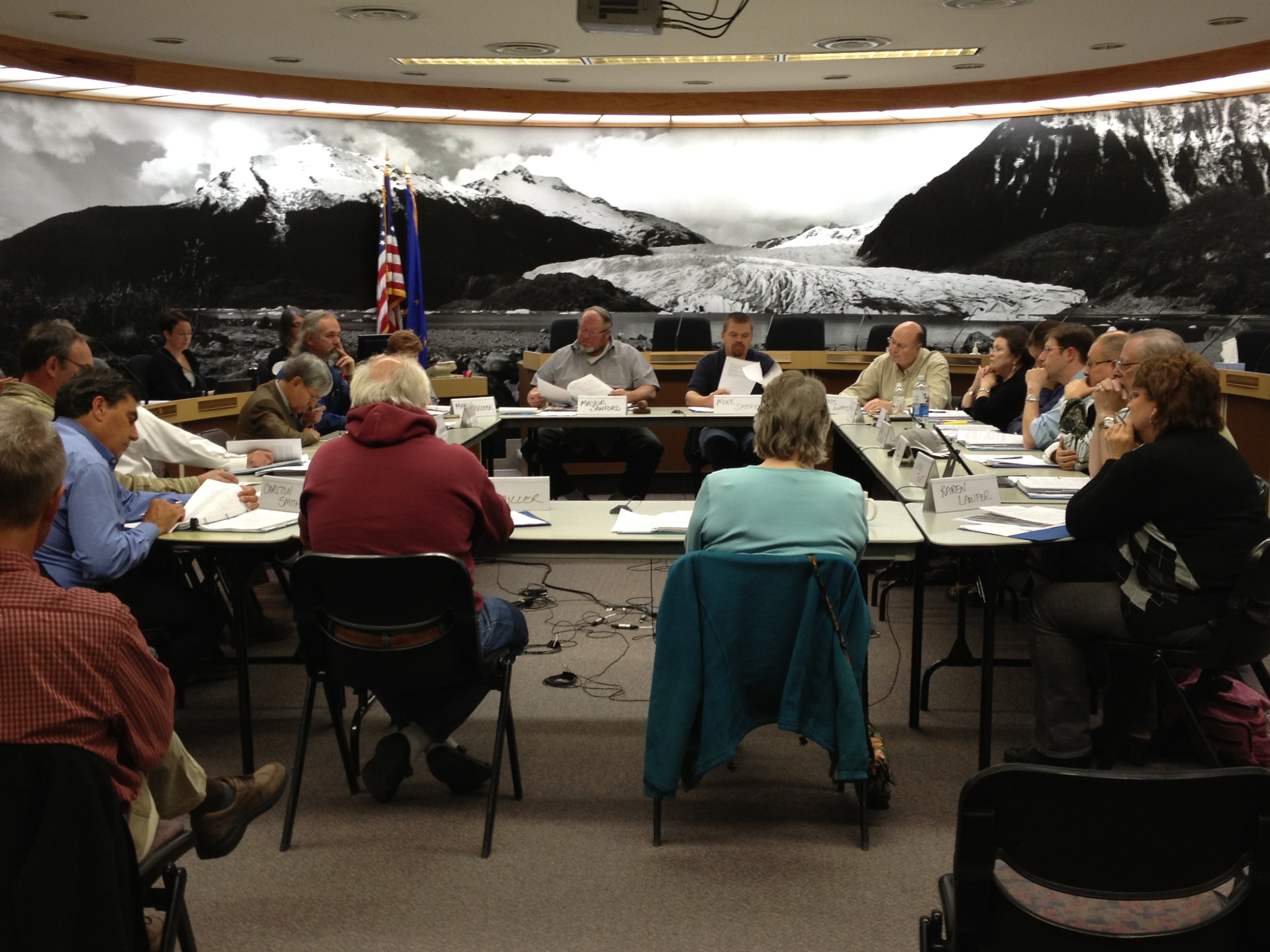Another version of a draft disturbing the peace code went before the CBJ assembly and planning commission during a joint meeting last night, and there are still issues with the ordinance.

Fireworks were brought up by a few assembly members during discussion on the disturbing the peace code. City attorney Amy Mead explained how fireworks fit under the new language on “unreasonable noise”:
“A violation hinges solely on whether the reasonable person would find it unreasonable, so fireworks on the Fourth of July, most people would not find that unreasonable. Fireworks going off on May 2nd – that might be found unreasonable by the majority of people, in which case it would be a citable offense.”
Assembly member Jesse Kiehl asked for the meaning of “pure tones,” which is one of the factors for determining “unreasonable noise.”
“Are they a good thing or a bad thing for purposes of enforcement?” he wondered. “Or do they just need to come out if we’ve got a reasonableness standard anyway?”
Mead said despite not knowing the definition of “pure tones,” the language may become useful for enforcement, “I would hesitate to take it out when it doesn’t change the ordinance in any way. It adds a factor that can be considered. It doesn’t hurt to leave it in.”
“If I don’t know what it does,” Kiehl replied, “I don’t know whether it hurts to leave it in or not.”
Assembly member Jerry Nankervis had a problem with the liability section of the ordinance. He said the owner of the property where noise is coming from is not always the one responsible.
“I go out of town. My 21-year-old is tasked with house-sitting my house. They have a party that makes a lot of noise without my approval, without my consent. The police get called. They come. Am I responsible, am I the one that’s going to get the ticket?” Nakervis asked. “I firmly believe that citing the person responsible for making that noise and that is sometimes not the owner.”
Mead said the liability section of the ordinance is not new language. She said, in the example, the 21-year-old would be responsible and cited. The ordinance assumes that the owner of the property has caused the noise or allowed it to happen, but that assumption can be argued.

“The person who owns the house can come in and prove that they didn’t know, and they didn’t approve, and they didn’t allow it, in which case, they would escape any responsibility,” Mead explained. “But it does give us an avenue if we think that there is some responsibility that should attach to that person.”
While problems were still found with the draft ordinance, planning commission chair Mike Satre said he likes the direction it’s going in. He said the ordinance has a several year history with city staff and planning commissioners, “The recommendation from staff to put it back to the assembly was to go back to the disturbing the peace ordinance, ensure that it was simple and it was going to be enforceable and it was something the community members could rely upon.”
City staff will continue to work on the ordinance before it goes back to the Assembly during committee of the whole.
